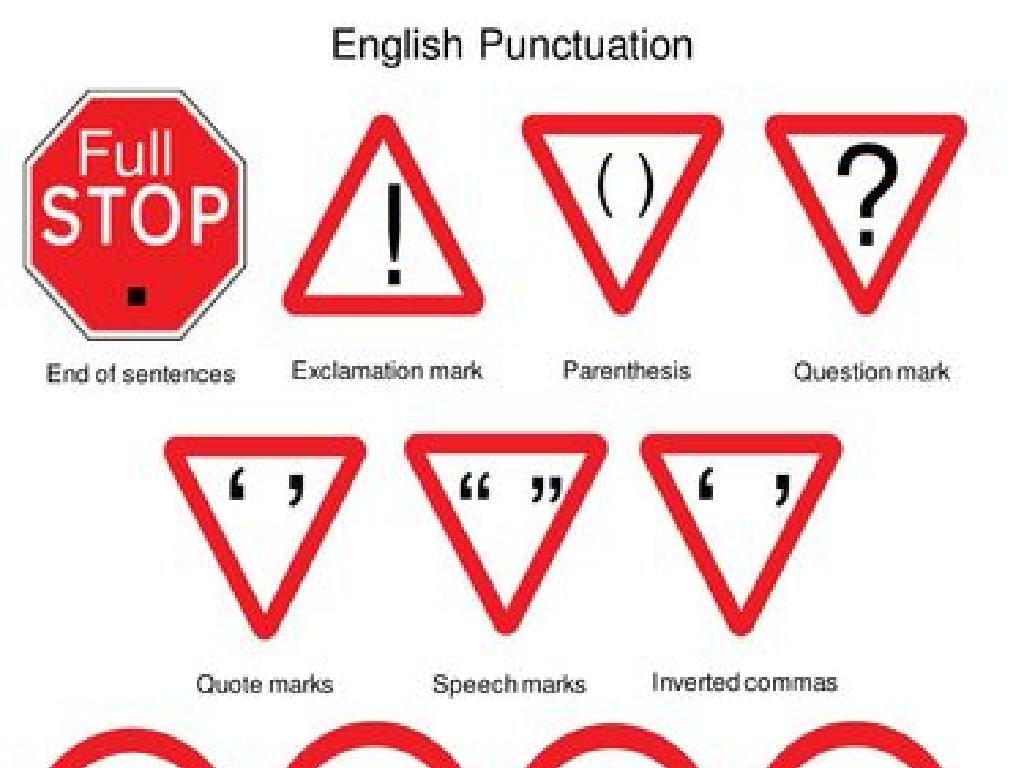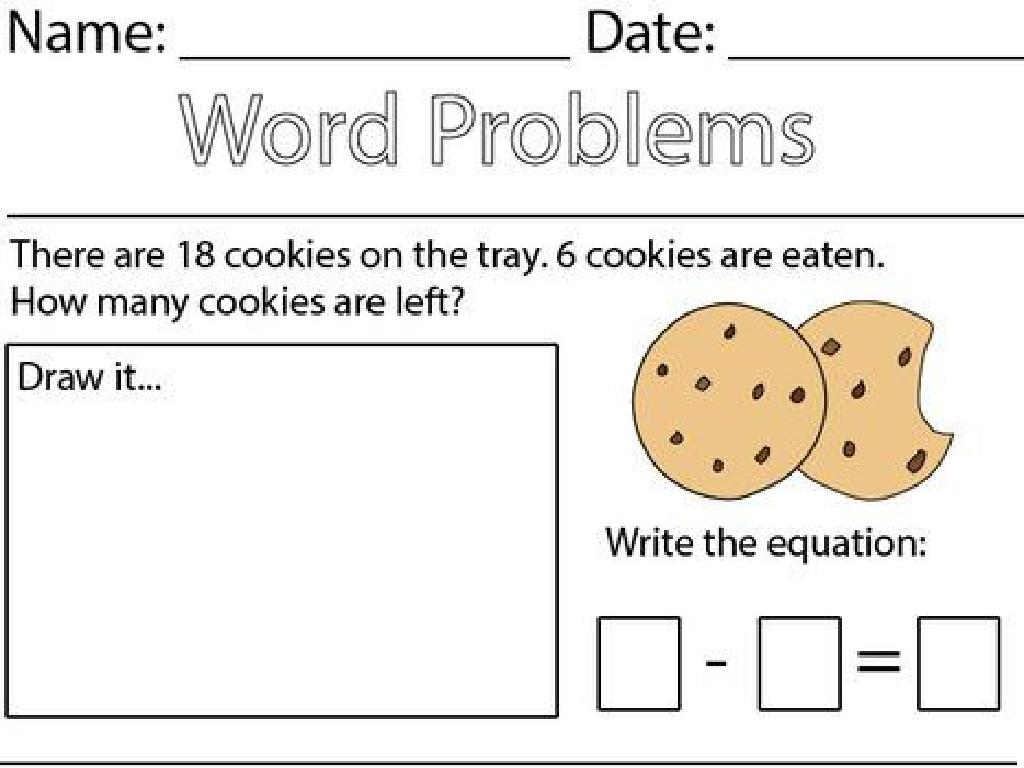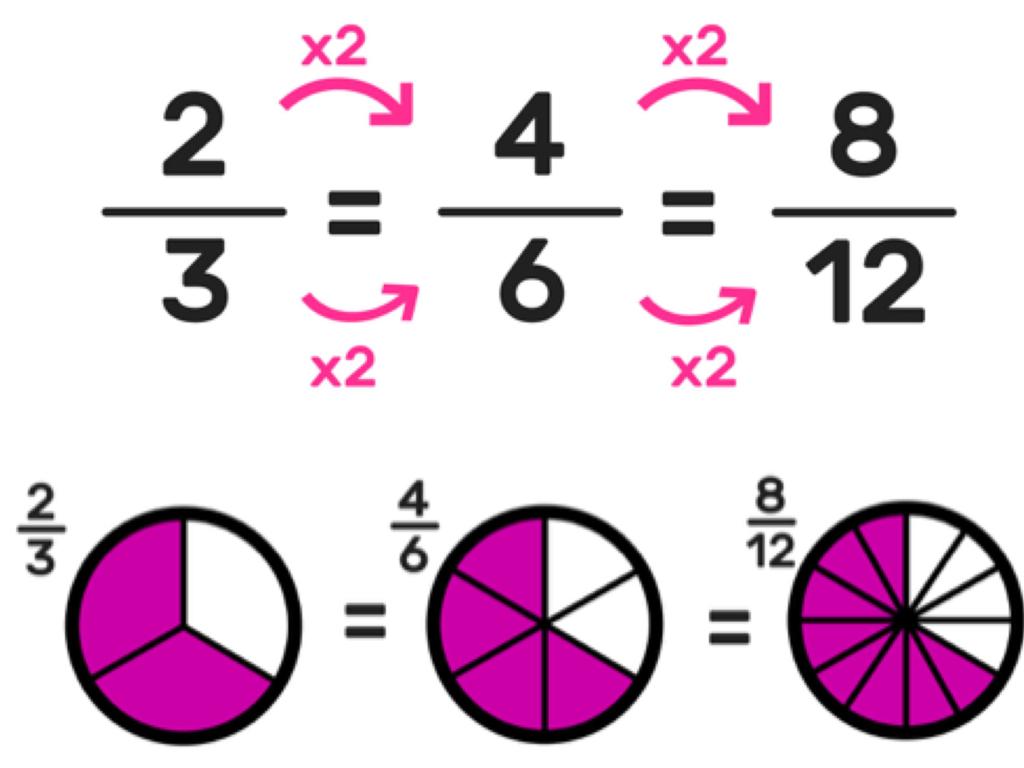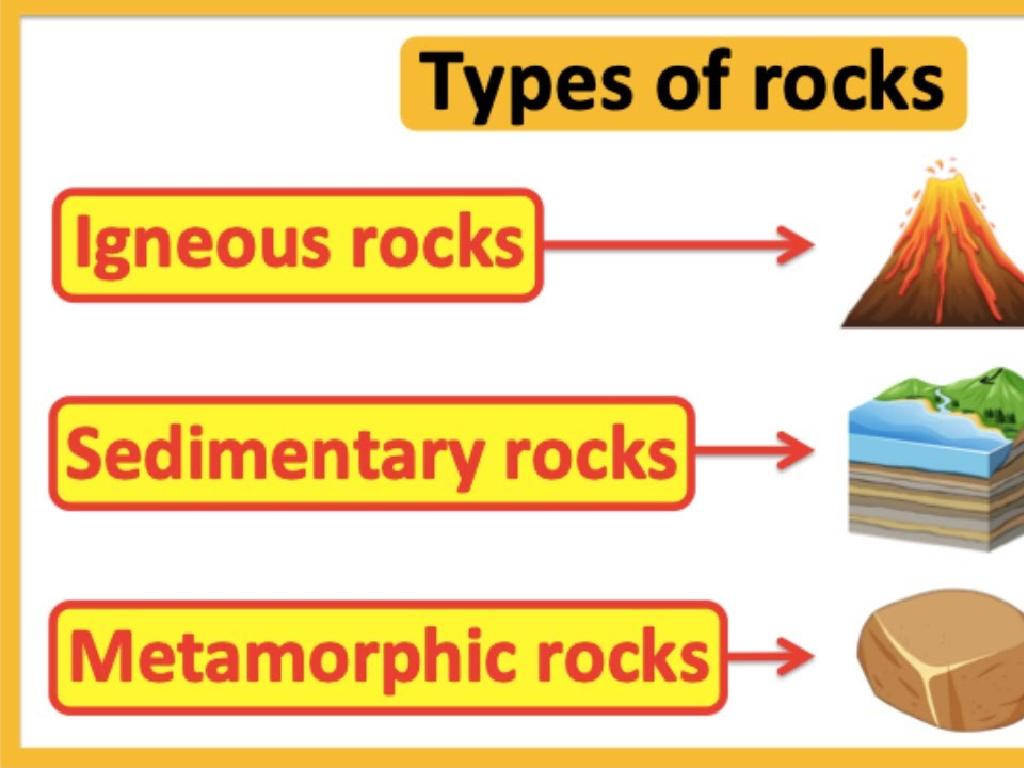Revise The Sentence Using A Stronger Verb
Subject: Language arts
Grade: Second grade
Topic: Descriptive Details
Please LOG IN to download the presentation. Access is available to registered users only.
View More Content
Making Sentences Sparkle with Strong Verbs
– Learn to make sentences shine
– Using strong verbs in writing
– Strong verbs create vivid pictures in the reader’s mind
– The power of descriptive details
– Descriptive details use senses to enhance writing
– Why details make writing better
– Details add depth and interest to stories
|
This slide introduces the concept of using strong verbs and descriptive details to enhance writing. The goal is to help students understand that choosing more specific and expressive verbs can make their sentences more engaging and vivid. Descriptive details involve using the five senses to paint a clearer picture for the reader, making the writing more immersive. Discuss the importance of these elements in storytelling and provide examples to illustrate how they improve the narrative. Encourage students to think of their favorite stories and identify strong verbs and descriptive details used by the authors.
Power Up Your Sentences with Strong Verbs!
– Verbs show action in sentences
– Examples: sprint, leap, devour, ponder, frolic
– Instead of ‘run’, say ‘sprint’. Instead of ‘eat’, say ‘devour’
– Strong verbs make stories exciting
– Using ‘leap’ instead of ‘jump’ paints a more vivid picture
– Let’s find and use strong verbs
|
This slide introduces the concept of verbs to second graders, emphasizing the use of strong, descriptive verbs to make their sentences more interesting and engaging. Start by explaining that verbs are action words, then provide vivid examples that are more descriptive than common verbs. Highlight the importance of choosing the best verb to make writing more lively and help the reader visualize the action. Encourage the students to think of other strong verbs and to practice revising sentences to include these powerful words. In the next class, have students share sentences they’ve improved with stronger verbs.
Strong Verbs Make Sentences Exciting!
– Strong verbs show powerful action
– Instead of ‘run’, say ‘sprint’ to show speed
– Weak verbs may seem dull
– Words like ‘make’ and ‘do’ are often too general
– ‘Walk’ vs. ‘stroll’: Which sounds better?
– ‘Stroll’ implies a leisurely, relaxed walk
– Use strong verbs for lively writing
|
This slide introduces the concept of strong versus weak verbs to second graders, emphasizing the importance of using vivid, descriptive verbs in their writing. Strong verbs create a more engaging and visual experience for the reader, while weak verbs can make writing feel bland. Provide examples of weak verbs and their stronger counterparts, such as ‘walk’ versus ‘stroll’, and explain how choosing the right verb can change the image in the reader’s mind. Encourage students to think of other strong verbs and to revise sentences using them. In the next class, have students practice by revising sentences with weak verbs to include strong, descriptive verbs, enhancing their storytelling and descriptive skills.
Power Up Your Writing with Strong Verbs!
– Strong verbs create vivid images
– Instead of ‘walk’, say ‘stomp’ or ‘stride’
– Make writing exciting and fun
– ‘Eat’ is okay, but ‘gobble’ adds more fun
– Tell more with less
– ‘Look’ can become ‘gaze’ or ‘glance’ for brevity
– Examples of strong verbs
– ‘Run’ to ‘sprint’, ‘talk’ to ‘chat’, ‘make’ to ‘create’
|
This slide emphasizes the importance of using strong verbs to make writing more descriptive and engaging for the reader. Strong verbs help to paint a clearer picture of the action in the reader’s mind, making the story or sentence come alive. They also allow writers to convey more information with fewer words, making their writing more concise and powerful. Provide examples of weak verbs and their stronger counterparts, and encourage students to think of more examples. Instruct students to revise sentences by replacing weak verbs with stronger ones and to share their revisions. This exercise will help them understand the impact of word choice on the quality of their writing.
Let’s Find and Replace Weak Verbs!
– Spot common, vague verbs
– Verbs like ‘go’, ‘get’, ‘do’ can often be weak
– Choose more descriptive verbs
– Think of verbs that show action clearly, like ‘sprint’ instead of ‘run’
– Swap weak verbs with strong ones
– For ‘She went to the store’, try ‘She dashed to the store’
– Make sentences sparkle
|
This slide is aimed at helping second graders understand the impact of strong verbs on their writing. Start by explaining what verbs are and how they can sometimes be too general or ‘weak’ to describe the action vividly. Encourage the students to think of verbs that paint a clearer picture of the action taking place. Provide examples of sentences with weak verbs and work together to find more expressive replacements. Emphasize that by choosing stronger verbs, their sentences will become more interesting and engaging. Have them practice with sentences from a familiar story or their own writing. This exercise will enhance their creative writing skills and help them understand the importance of descriptive details in storytelling.
Using Strong Verbs in Sentences
– Transform ‘ran’ to ‘sprinted’
– The dog didn’t just run; it sprinted with speed!
– ‘Sprinted’ shows more energy
– ‘Sprinted’ tells us the dog was really fast.
– Practice with more examples
– Let’s find weak verbs and make them stronger together.
– Share your strong verbs!
– Tell the class your new sentence with a strong verb.
|
This slide is designed to teach second graders how to enhance their sentences by using stronger, more descriptive verbs. Start by showing the difference between a weak verb and a strong verb with the provided example. Explain that strong verbs make writing more exciting and vivid. Engage the class by working through additional examples together, encouraging students to come up with their own sentences using strong verbs. This activity will help them understand the concept and apply it to their writing. The teacher should facilitate the activity by providing guidance and positive feedback as students share their sentences.
Practice Time: Power Up Your Verbs!
– I’ll show sentences with weak verbs
– Find and replace with stronger verbs
– Think of verbs that show action clearly
– Team up with your buddy for best verbs
– Two heads are better than one for ideas
– Get ready to share your super verbs!
|
This slide is for a class activity focused on strengthening verb usage. Present sentences with weak or common verbs to the students and instruct them to work in pairs to find more descriptive, stronger verbs to enhance the sentences. Encourage them to think about how the new verb changes the picture in their mind. This exercise will help them understand the impact of precise verbs on storytelling and descriptions. After the activity, have each pair share their revised sentences with the class. Possible sentences for practice: ‘The boy went to the store.’ ‘The dog ate his food.’ ‘The sun came up.’ Encourage creativity and praise students for unique verb choices.
Share Your Stronger Sentences!
– Share your revised sentences
– Listen to classmates’ sentences
– Notice the new verbs used
– Did the sentence become more exciting or vivid?
– Reflect on the verb’s impact
– How does the new verb paint a better picture?
|
This slide is meant to facilitate a classroom activity where students will share the sentences they’ve revised by using stronger, more descriptive verbs. Encourage students to pay close attention as their classmates share their work, focusing on how the substitution of a verb can alter the imagery and detail of a sentence. Discuss how stronger verbs can make a story more engaging and help the reader visualize the action. This activity will help students understand the importance of word choice in writing. Prepare to guide the discussion and provide positive feedback to each student, reinforcing the value of their efforts and creativity.
Class Activity: Verb Charades
– Let’s play verb charades
– Act out strong verbs
– Show, don’t tell! Use your body to express the verb without speaking.
– Classmates will guess the verbs
– Can your friends figure out which action you’re doing?
– Learn the power of action words!
– Discover how strong verbs make sentences exciting!
|
This interactive class activity is designed to help students understand the importance of using strong, vivid verbs in their writing. Verb charades will get the students actively involved in learning by associating physical actions with words. Prepare a list of strong verbs for the students to act out, such as ‘sprint’, ‘gobble’, ‘soar’, and ‘scribble’. Each student will take turns drawing a verb from a hat and acting it out for their classmates to guess. No speaking is allowed during the charade. This activity will demonstrate how different verbs can paint clear pictures in the reader’s mind and make stories more engaging. Encourage students to use these verbs in their next writing assignment.
Strong Verbs Make Strong Writing!
– Congratulations on learning strong verbs!
– Use strong verbs to brighten your writing
– Instead of ‘walk’, say ‘stroll’, ‘march’, or ‘strut’
– Practice leads to perfection
– Keep discovering and using strong verbs
– Find verbs that give a clear picture of the action
|
Well done to all the students for their hard work in learning about strong verbs today! Remember, using strong verbs in your stories and descriptions can turn a good sentence into a great one, making your writing more exciting and vivid. Keep practicing by identifying weak verbs in sentences and replacing them with stronger, more descriptive ones. Encourage students to read their favorite books and notice the strong verbs authors use. As homework, ask them to write a short paragraph about their day using as many strong verbs as they can.






